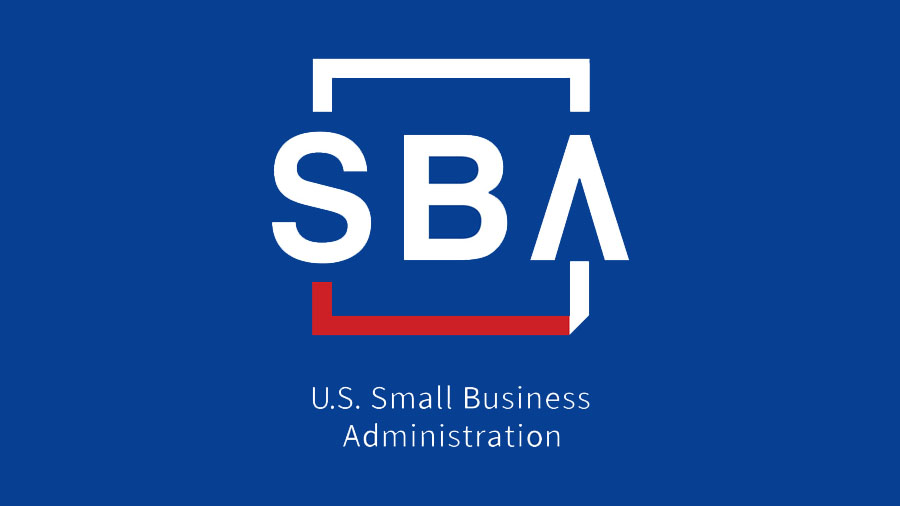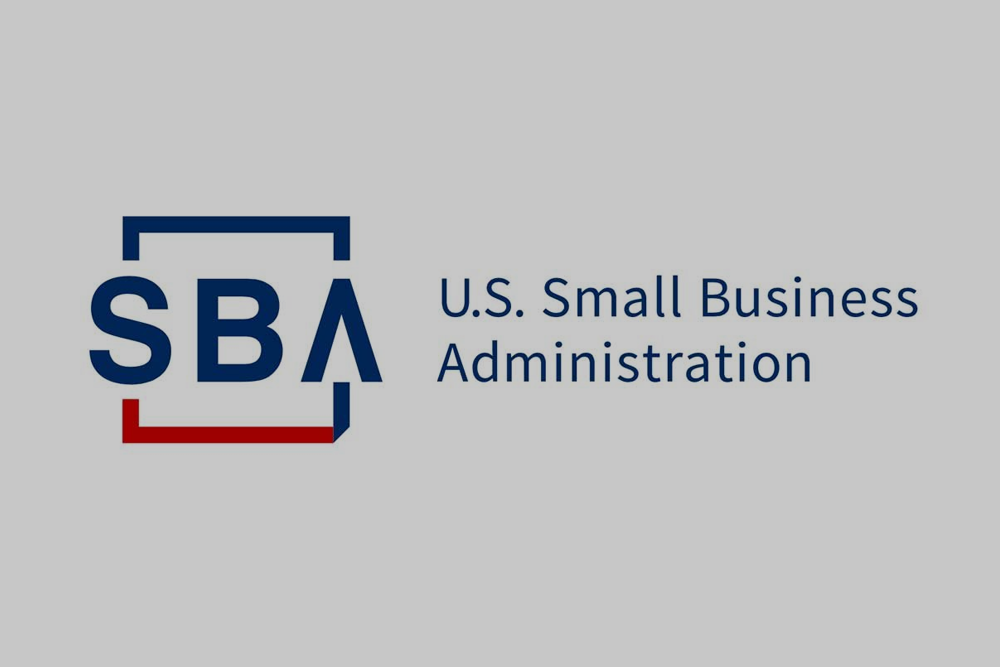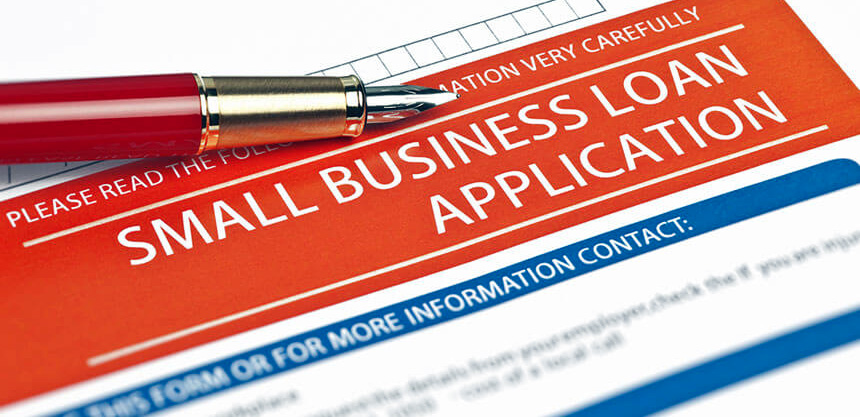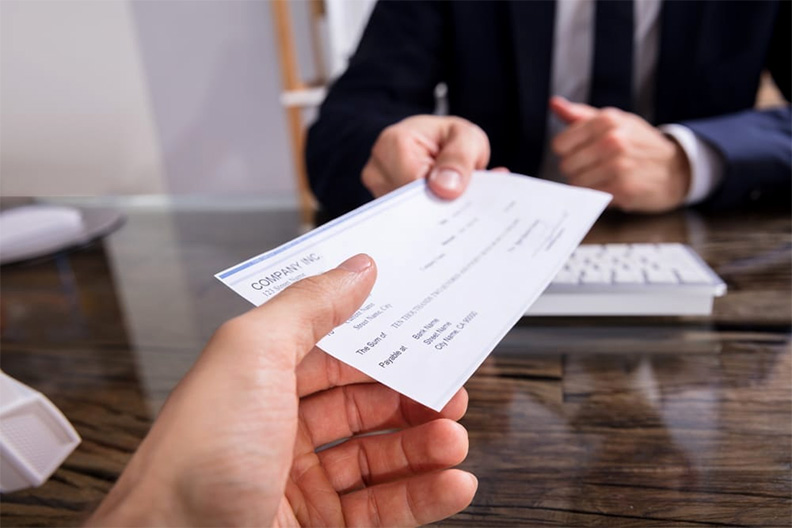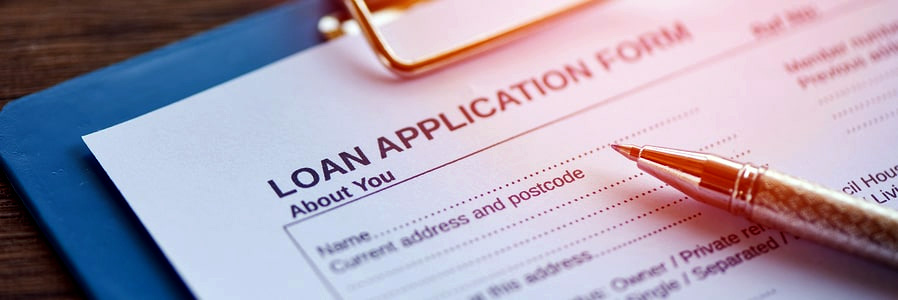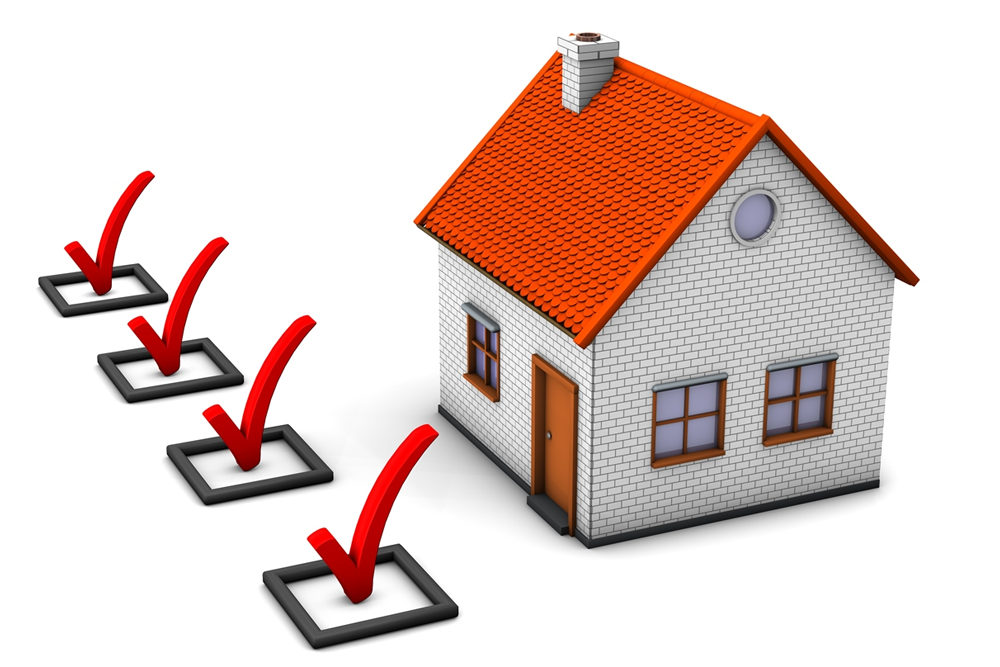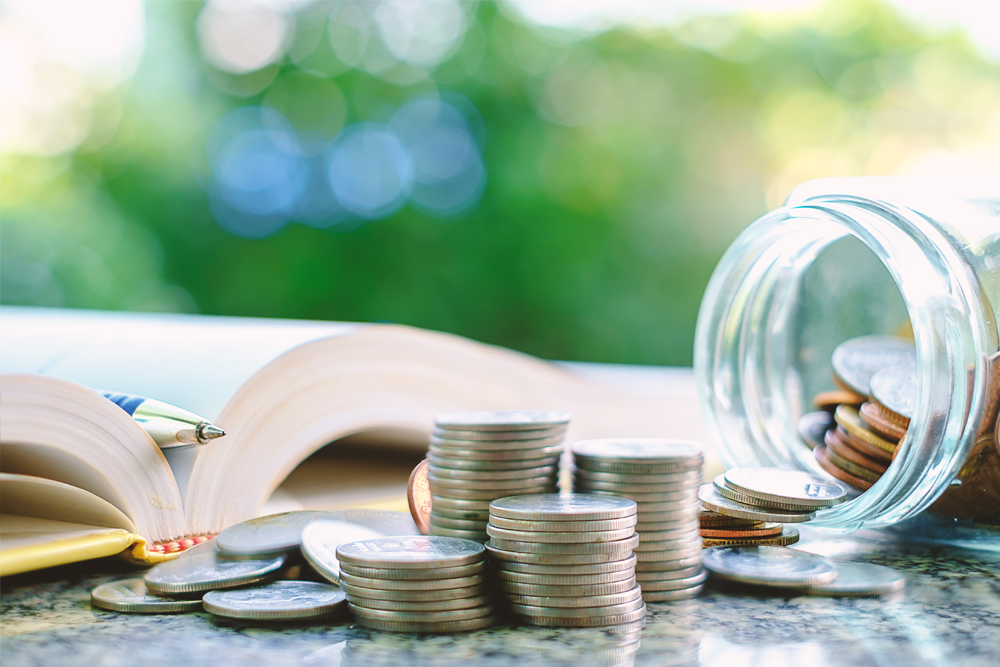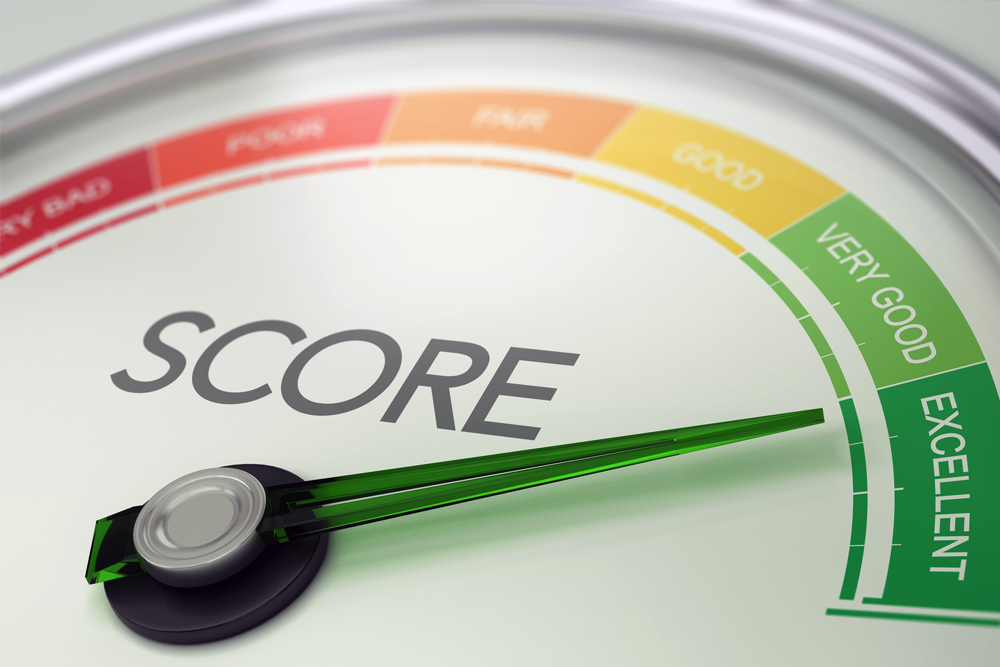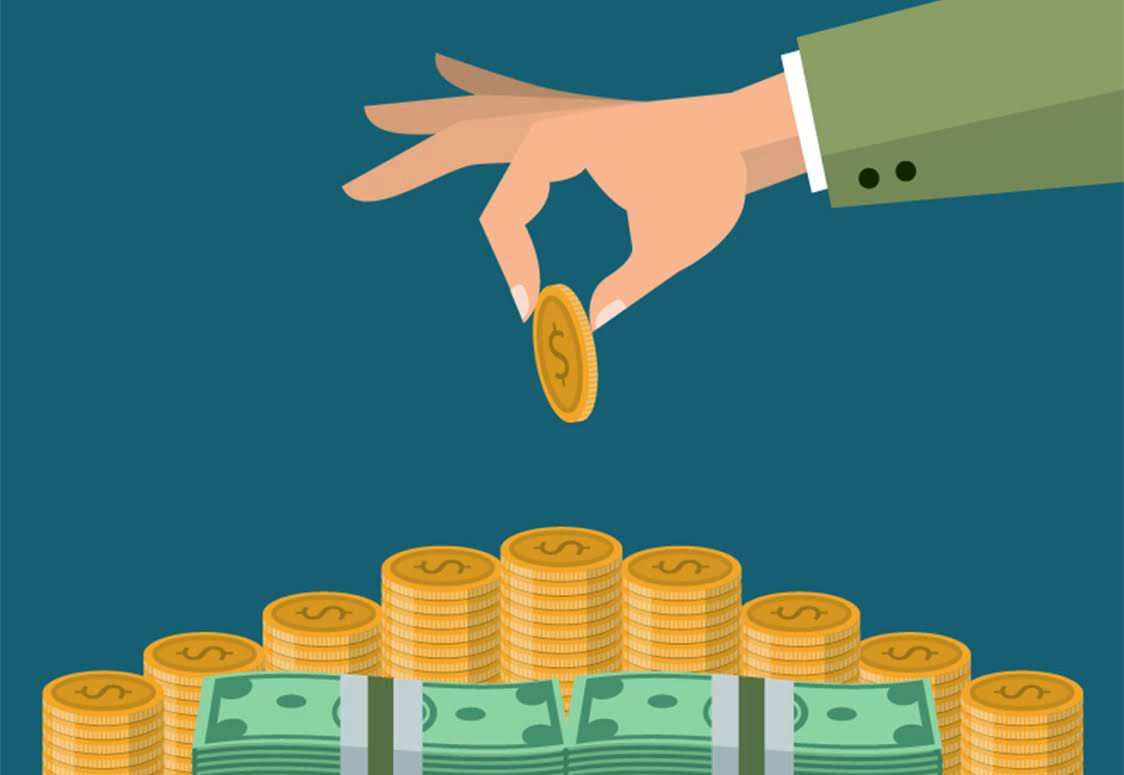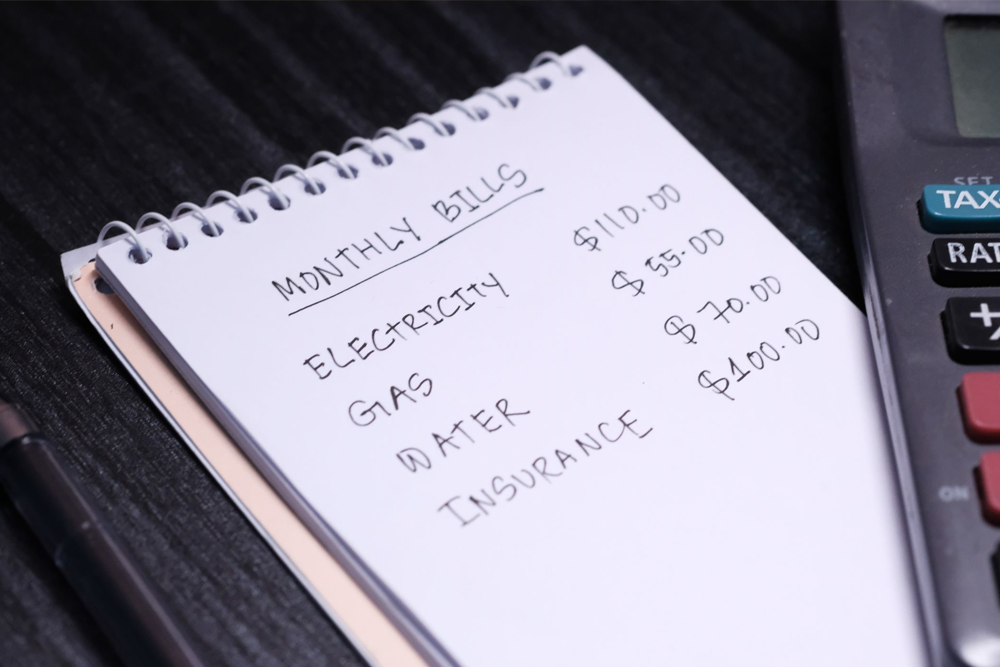SBA Small Business Loans Terms, Rates, and Fees
The U.S. Small Business Administration SBA loans include a guarantee from the U.S government- indicating the SBA reimburses the small business lender for a portion of the loan in case of a default. As a result of this guarantee, small business owners have access to small business loans with better loan terms and competitive rates than many conventional loans. Borrowers need to understand that the SBA charges small business lenders a guarantee fee in exchange for securing a portion of the loan, and SBA lenders generally pass that fee to borrowers. Here is an overview of SBA loans fees to help you understand better how SBA loan fees work.
Table of contents:
- What Are SBA Loans?
- SBA Guarantee Fee Explained
- How Much Is The SBA 7a Loan Program Guarantee Fees?
- How Much Is The SBA 504 Loan Guarantee Fee?
- Why SBA Loan Fees Matter?
- How To Apply For An SBA Loan?
- Small business administration loans have what fees: Frequently Asked Questions (faqs)
What Are SBA Loans?
An SBA loan is a kind of government small business loan issued by private lenders; however, it is secured by the federal government. The SBA has various loan programs, including SBA 7a loans, SBA microloans, SBA Express loans, Sba Export Express Loans, Economic Injury Disaster Loan EIDL loans, Bridge loans, 8a business development loans, and community advantage loans.
You apply for an SBA loan through financial institutions such as credit unions, traditional banks, nonprofit organizations, or alternative lenders. That lender then applies to the SBA for a loan guarantee, which indicates if you default on an SBA loan, the federal government pays the SBA loan provider the guaranteed amount.
The SBA requires unconditional personal guarantees as business collateral from everyone with at least 20-percent ownership in a company. This guarantee puts your personal assets on the hook for payments if your company can not make them. The Paycheck Protection Program PPP loans officially closed on May 31, 2021. Read the SBA page at www.sba.gov for more information.
SBA Guarantee Fee Explained
The Small Business Administrations programs offer small business owners with low interest loans to cover just about any imaginable business expenses. SBA collects loan guarantee fees, so borrowers bear much of the small business funding SBA’s financial assistance programs. Small business loan lenders, in turn, pass these costs onto borrowers in the form of upfront fees. SBA guarantee fees are due within 90-days of the loan approval date and might be financed with the loan proceeds of the SBA guaranteed loan. You will not find a better financing option than an SBA loan program when it comes to interest rates, loan terms, and loan amounts. Nonetheless, navigating SBA loans and other complexities can be overwhelming.
How Much Is The SBA 7a Loans Guarantee Fees?
SBA guarantee fees are calculated by taking the loan amount and the loan term into consideration. Generally, larger terms and loan amounts equate to a larger fee percentage. Nonetheless, the fee mainly depends on the portion the SBA guarantees. The table below provides an overview of what borrowers can anticipate paying, depending on loan repayment terms and loan amounts. Note there are other SBA 7a loan fees.
| Total loan amount | Loan amounts | Guaranteed amount | Guaranty fees |
| $150,000 or less | 12 months+ | $127, 500 | 2% of guaranteed amount |
| $150, 001- $700,000 | 12 months+ | $112,500.75 – $525,000 | 3% of the guaranteed amount |
| $700,001 to $5 million | 12 months+ | $525,000.75 -$3.75 million | 3.5% of the first guaranteed $1 million, 3.75% for all the guaranteed portions over $1 million |
| Any amount | Less than 12 months | varies | 0.25% of guaranteed amount |
How Much Is The SBA CDC/504 Loan Guarantee Fee?
The SBA charges 0.5-percent on the amount funded by the Certified Development Company for all the CDC/504 loans. Borrowers should discuss additional fees on 504 loans with their lender.
What Other Loan Fees Can Be Expected With SBA Loans?
Your SBA lender will walk you through any additional fees. Any additional loan fees charged should be documented on SBA Form 159 7a and signed by all parties during the loan disbursement. Some of these fees include:
- Packaging fees
- Origination fees
- Servicing/ service fees
- Prepayment penalty
- Processing fees
- SBA loan closing costs
Why SBA Loan Fees Matter?
Based on the small business lender, the loan terms, and your qualifications as a borrower, each type of SBA loan you apply for may have a different set of fees. Usually, this would make comparing loan offers hard. However, most financial institutions will provide an annual percentage rate for their loan products. APRs provide borrowers a complete picture of the annual cost of the loan to the borrower, including the fees charged (i.e., packaging fees and prepayment penalties). SBA loan rates are negotiated between the borrower and the small business lender; however, they are subject to SBA maximums pegged to the prime rate.
It is essential to note that when lenders calculate an APR, they presume borrowers make payments on time and in full, indicating NSF, late payment, or similar fees are not included in an APR. For instance, a traditional bank will not charge a late payment fee not unless you make a late payment. The best method of avoiding these extra fees is to make your monthly payments on time. You can use small business loan calculators to get approximate the total cost of your loan and also compare sba loans to get the best fit for your company.
How To Apply For An SBA Loan?
To qualify for an SBA loan program, lenders generally like to see strong annual revenues, a good credit score, and substantial time in business. If you are operating a startup and have a bad credit score, an SBA loan is possibly out of the question. But you can consider online lenders like Top Financial Resources. Alternative lenders have numerous types of business loans, including invoice factoring, personal loans, working capital loans, business credit cards, business lines of credit, term loans, short-term loans, commercial real estate loans, and refinance loan options. Additionally, alternative lenders offer personalized loans so they can meet your needs. If your company falls into ineligible categories like religious institutions and charitable organizations, you should not apply for an SBA loan.
If you think you qualify, start by checking for a preferred lender on the SBA website. Use the SBA loan application checklist to gather your documents, including:
- Business plans
- Personal and business tax returns
- Business bank account statements
- Business finance
- Cash flow projection
- Business license
Small Business Administration Loans Have What Fees: Frequently Asked Questions
Is There A Down Payment Eligibility Requirement For SBA Loans?
You will typically need to provide a 10-percent to 20-percent down payment for your loan. The specific number will vary based on your credit history and your lender.
What happens when a borrower defaults on an SBA loan?
Your small business lender will do everything they can to collect the debt from you before the SBA. This usually entails them seizing your elected collateral. After the lenders turn to the SBA, the federal agency will cover the guarantee portion; then, they will start collecting the remaining amount from you.

